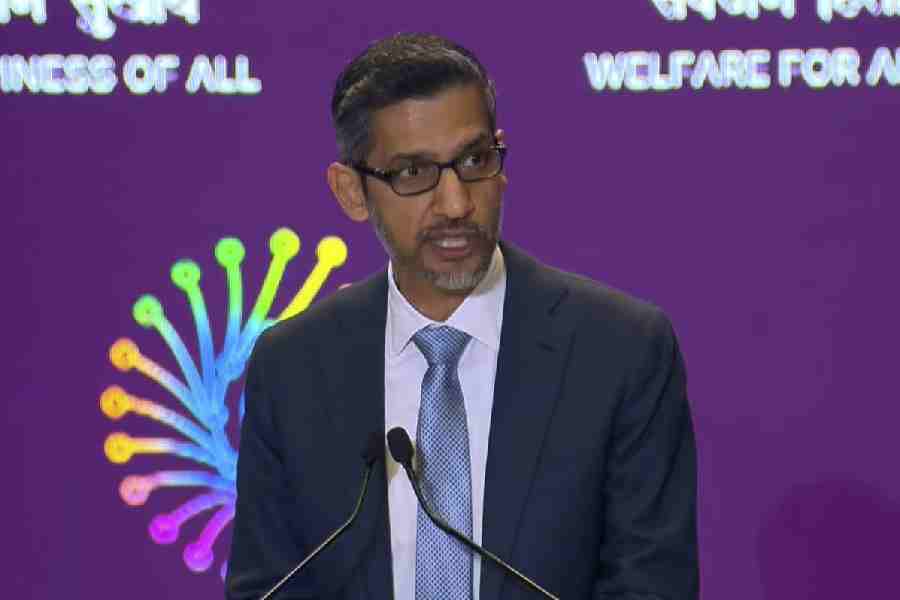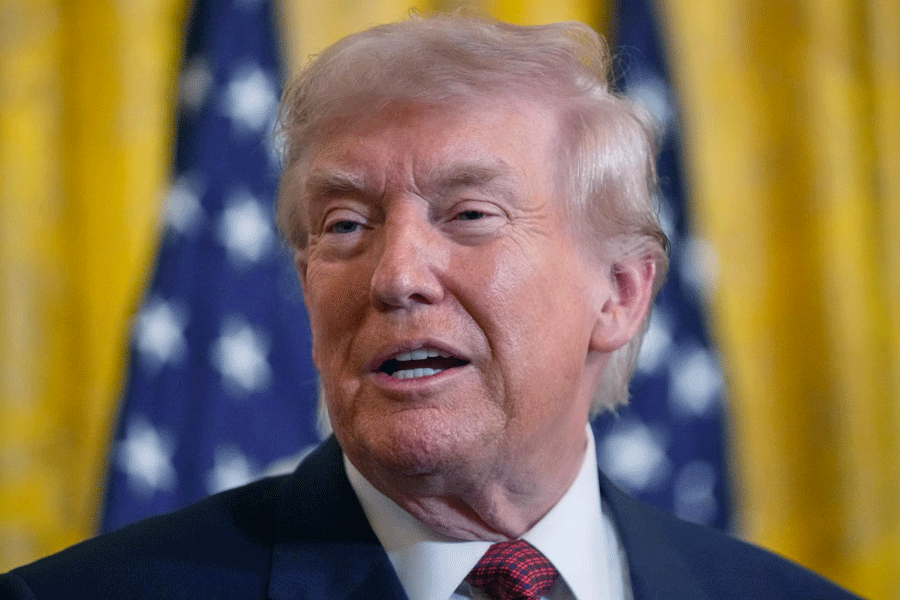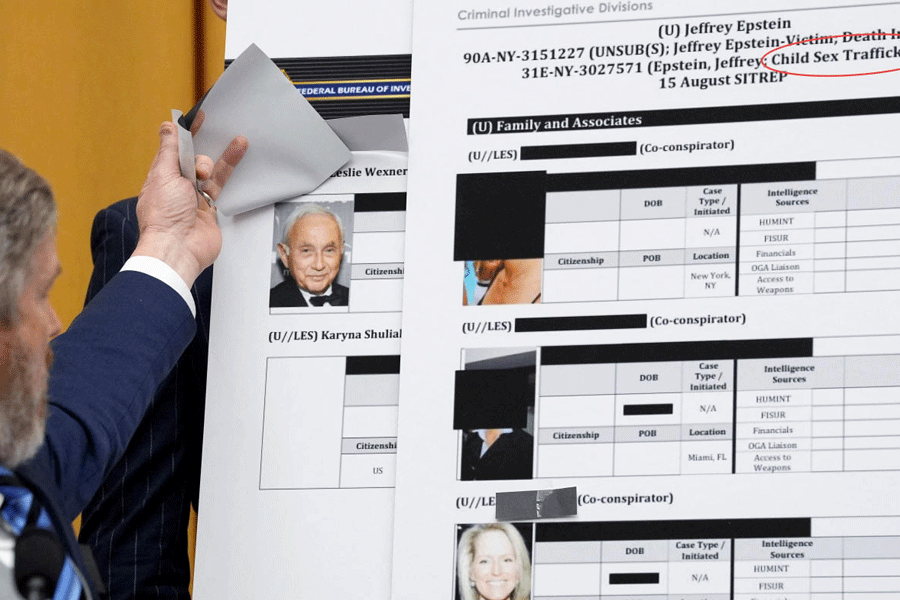The Maharashtra Special Public Security Bill is on the route of becoming a law after a year. It was criticised by the Opposition and much-debated. It went through the joint select committee and is now on the way to the Legislative Council. The aim of the proposed law is to punish left-wing extremist organisations and “similar organisations”. In describing the latter, the bill says that the menace of Naxalism has now spread to urban centres where Naxal front organisations provide shelter to armed Naxal cadre. One of the targets of the proposed law is the so-called ‘urban Naxal’, which is a new — problematic — formulation of the ruling regime. The problem with the bill is that it conflates left-wing extremism with whatever is meant by the vague term, ‘urban Naxalism’. The term has been earlier used to label dissenters, whether political or ideological, whose criticism has been through writing and speaking, not through violence or its incitement. Writing and speaking, debating and arguing, or even drawing are part of the freedom of expression guaranteed by the Constitution. Criticism and debate are also the heart of democracy. The proposed law will be used against any “unlawful activity”, which includes words either spoken or written or by sign or visual representation or otherwise, which constitute a menace to public order, peace or tranquillity or to governance. This carries a stringent punishment of seven years’ imprisonment, a five lakh rupee fine, arrest without warrant and no bail.
Laws maintain public order. People or organisations involved in movements that threaten public order must be identified and punished. But the terms of the MSPS Bill are too vague and broad in their definitions to ensure that it is not non-violent dissent it is trying to muffle. The other offences under it are being the member of an unlawful organisation, raising funds for one, or managing one. The government, according to the bill, has the right to label any suspect organisation “unlawful”. So the proposed law gives the government unlimited powers without defining ‘suspect’ or unlawful. Such powers, even if not used, are potentially dangerous for all kinds of non-violent democratic protest or dissent through speech or writing. The proposed law — are there not enough legislations armed with teeth already? — would need to be used with the utmost of care and only with evidence of violence or the active incitement of it.










